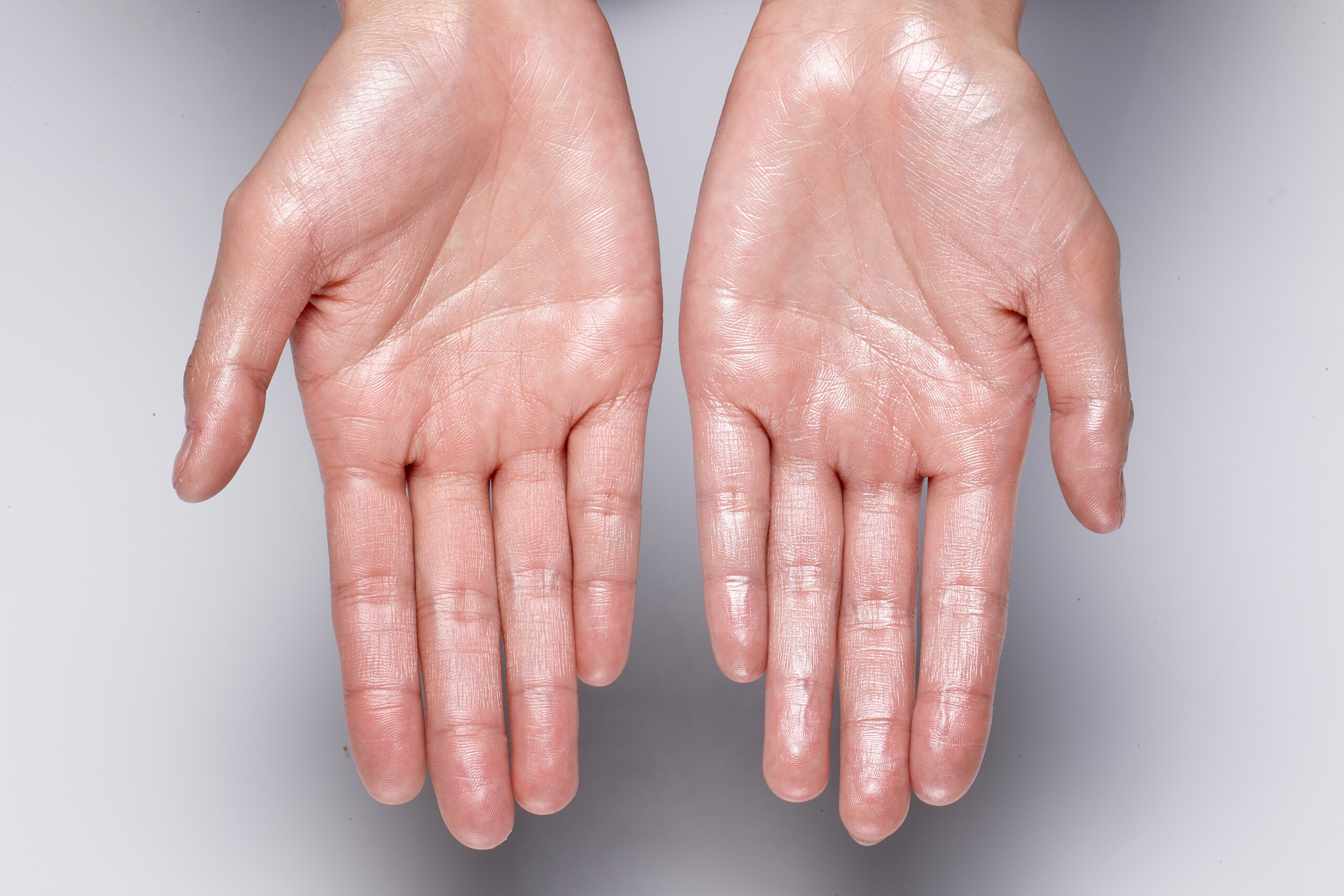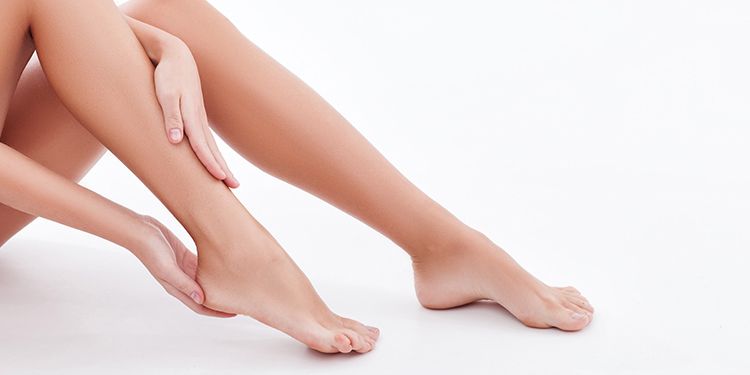Dermatology Tips and Treatments for Hyperhydrosis of Hands: Innovative Solutions
Dermatology Tips and Treatments for Hyperhydrosis of Hands: Innovative Solutions
Blog Article
Recognizing the Origin of Excessive Sweating and Its Influence On Every Day Life
While it is typically recognized as a physiological reaction to control body temperature level, the triggers for excessive sweating can differ extensively amongst people, encompassing not just physical factors however mental and also emotional elements. By diving right into the origin creates of hyperhidrosis and discovering its diverse results, a deeper understanding of this pervasive issue can be gotten, dropping light on the intricacies that people grappling with extreme sweating browse on a daily basis.
Physiology of Sweat Glands
The policy of sweat production, a vital physical process, is mainly regulated by the task of sweat glands dispersed across the human body. Sweat glands are classified right into two major types: eccrine and apocrine glands.
When the body temperature increases, either due to physical activity, high temperatures, or emotional anxiety, the nerve system triggers the gland to generate sweat. This sweat is composed primarily of water and electrolytes like sodium and chloride. The process of sweat production is essential for preserving the body's internal temperature within a slim, ideal variety, highlighting the important duty sweat glands play in human physiology.
Triggers for Excessive Sweating
In comprehending the root creates of excessive sweating, it is essential to recognize the triggers that can lead to this physiological feedback. Physical exertion, high temperature levels, and spicy foods are additionally understood to set off extreme sweating in people vulnerable to this condition.
Moreover, medicines such as some antidepressants, opioids, and specific supplements can also serve as triggers for hyperhidrosis. Comprehending these triggers is important in taking care of too much sweating properly - How to stop sweaty hands. By recognizing and attending to the specific triggers that prompt excessive sweating in a specific, doctor can develop customized treatment plans to ease this problem and boost the individual's lifestyle
Medical Conditions Associated
Connected with too much sweating are numerous clinical problems that can intensify this physiological action. One typical problem is hyperhidrosis, a problem defined by extraordinarily enhanced sweating that goes beyond the body's thermoregulatory requirements. This can show up in focal locations like the palms, soles, underarms, or face, affecting a person's lifestyle as a result of social embarrassment and pain.
Moreover, endocrine conditions such as hyperthyroidism, diabetes, and menopausal hot flashes can also cause too much sweating. Hyperthyroidism creates an overproduction of thyroid hormonal agents, speeding up metabolic process and setting off sweating. Diabetes mellitus can induce sweating episodes, particularly during hypoglycemic episodes when blood sugar level degrees go down also low. Menopausal hot flashes, credited to hormone changes throughout menopause, can create sudden and intense sweating, frequently accompanied by flushing and heart palpitations.
Additionally, infections like consumption, endocarditis, and hiv have actually been connected with evening sweats, an usual sign known to interrupt sleep and affect general well-being. These clinical problems highlight the varied array of underlying elements that can add to too much sweating, demanding complete examination and monitoring by medical care specialists.
Mental and emotional Aspects

Effect on Social Communications
Too much sweating can have extensive impacts on an individual's capability to involve conveniently in social communications. The noticeable indications of sweat discolorations or damp patches on clothing can result in embarrassment and self-consciousness, creating individuals to withdraw from social situations. This withdrawal can affect connections, restriction social activities, and prevent individual and professional development.

Moreover, the stress and anxiety and self-confidence issues originating from extreme sweating can affect interaction and social abilities. Individuals may struggle to concentrate on discussions, join group tasks, or reveal themselves with confidence. This can lead to feelings of isolation and isolation, as social links come to be challenging to maintain.
Final Thought

While it is frequently comprehended as a physical reaction to manage body temperature level, the triggers for extreme sweating can vary commonly amongst people, including not only physical aspects yet additionally psychological and emotional components. By delving into the root causes of hyperhidrosis and discovering its diverse effects, a much deeper understanding of this pervasive issue can be acquired, losing light on additional resources the complexities that individuals grappling with excessive sweating navigate on a day-to-day basis.
Physical effort, high temperature levels, and spicy foods are go to website also recognized to cause excessive sweating in people vulnerable to this problem. By identifying and attending to the certain triggers that trigger excessive sweating in a specific, healthcare carriers can develop customized treatment strategies to relieve this condition and boost the person's top quality of life.
Too much sweating can have extensive impacts on a person's capacity to involve easily in social communications.
Report this page